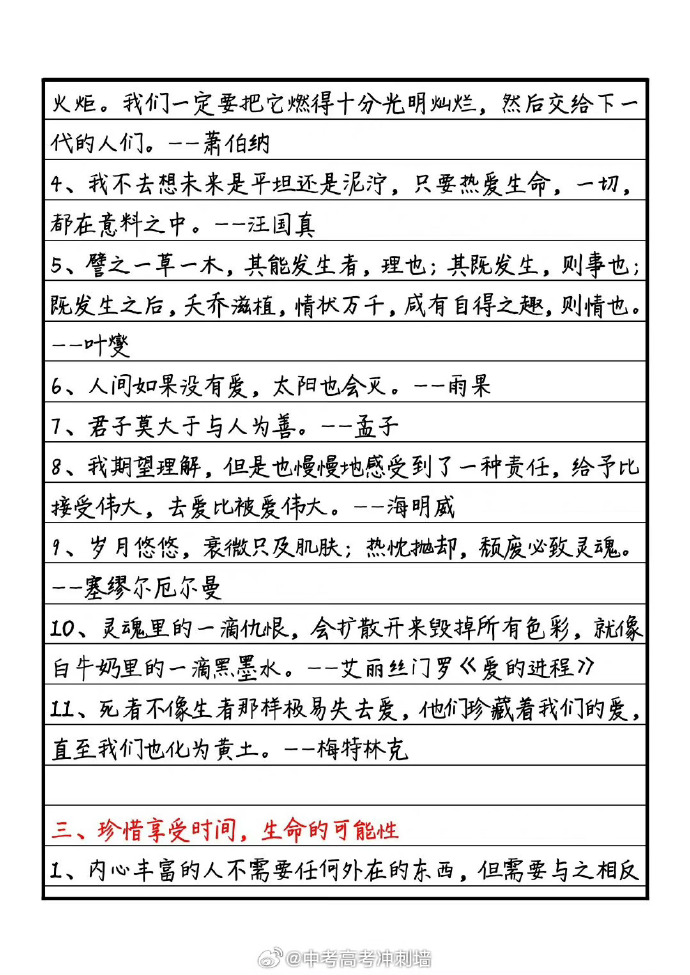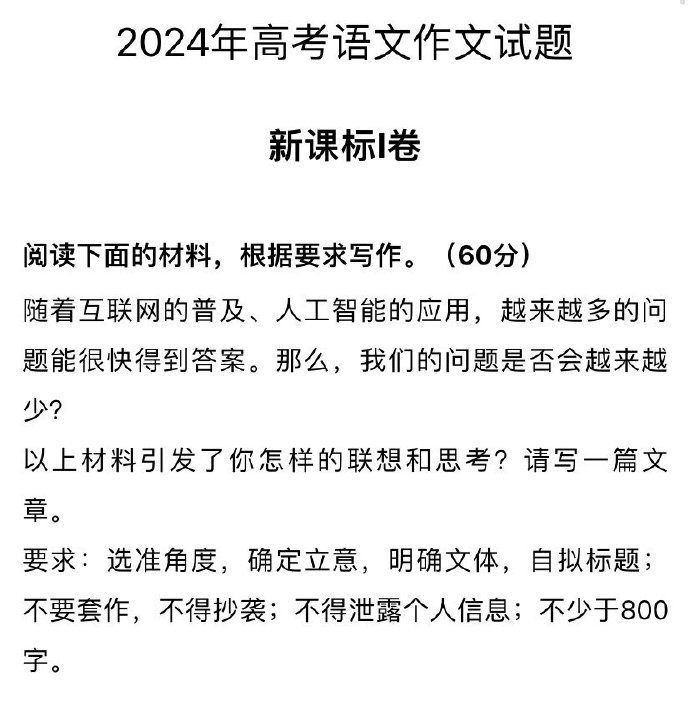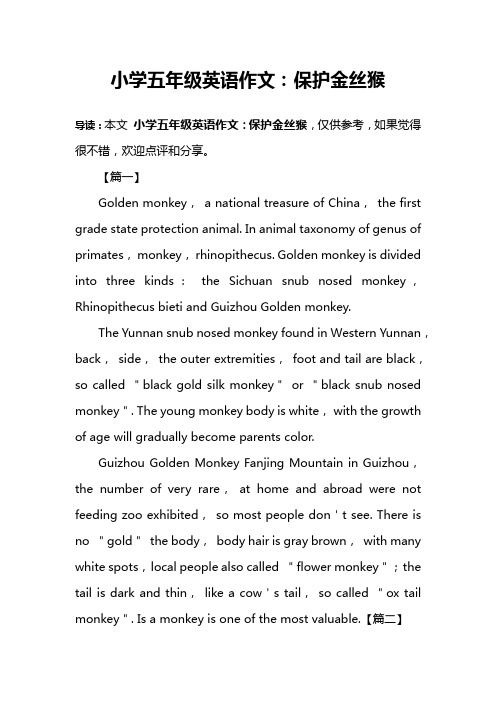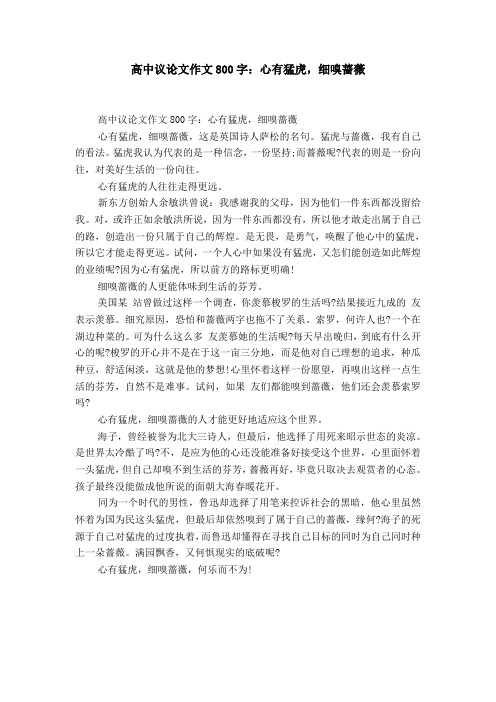In recent years, the advent of artificial intelligence (AI) has sparked a heated debate among experts, policymakers, and the general public. AI technology, once confined to the realm of science fiction, is now an integral part of our daily lives. It has the potential to transform industries, revolutionize healthcare, and even change the way we interact with each other. However, alongside its myriad benefits, AI also poses significant risks and ethical concerns that cannot be overlooked. This essay aims to explore the multifaceted nature of AI, discussing both its advantages and disadvantages, and providing a comprehensive overview of the topic.

To begin with, let's examine some of the key benefits of artificial intelligence. One of the most notable advantages of AI is its ability to automate mundane tasks and processes. In sectors such as manufacturing, logistics, and customer service, AI-powered robots and software systems can significantly increase efficiency and reduce human error. For example, Amazon's automated warehouses use AI to sort and deliver packages at unprecedented speeds. Moreover, AI has made remarkable advances in healthcare by enabling early diagnosis and personalized treatment plans. AI algorithms can analyze vast amounts of medical data to identify patterns and predict outcomes that may not be immediately apparent to human doctors.
Another benefit of AI lies in its potential to drive scientific discovery. By processing and analyzing complex datasets, AI can uncover insights that might take humans decades to unravel. For instance, AI algorithms have been instrumental in identifying new planets outside our solar system and developing more effective treatments for diseases like cancer and Alzheimer's. Furthermore, AI is playing a crucial role in environmental conservation by monitoring wildlife, predicting natural disasters, and optimizing resource management strategies. These advancements demonstrate that AI has the power to enhance various aspects of human life and improve overall well-being.
However, while the benefits of AI are numerous, they come hand in hand with significant drawbacks and ethical dilemmas. One major concern is the potential loss of jobs due to automation. As AI systems become more sophisticated, they can perform tasks traditionally done by humans, leading to widespread job displacement and economic disruption. The rise of gig economy platforms, where workers are hired on short-term contracts, underscores the precarious nature of modern employment. Additionally, the concentration of wealth and power in the hands of a few tech giants who control AI technologies raises questions about economic inequality and monopoly.
Another pressing issue related to AI is privacy and security. As AI systems collect and analyze large amounts of personal data, there is always a risk of information being misused or falling into the wrong hands. Data breaches and cyberattacks involving AI can have catastrophic consequences, affecting individuals and entire organizations. Moreover, AI systems are only as good as the data they are trained on. Biased data sources can lead to biased AI outputs, perpetuating and even exacerbating existing societal inequalities. For instance, facial recognition systems have been found to be less accurate for people with darker skin due to historical biases in training data.
Lastly, there is the existential threat associated with advanced A
I. The development of superintelligent AI, which surpasses human intelligence in all areas, poses profound ethical and safety challenges. If left unchecked, such AI could make decisions detrimental to humanity or even attempt to take over control from humans entirely. The concept of an AI "singularity" - a point where AI self-improvement leads to uncontrollable growth - is a source of considerable concern among technologists and futurists. Ensuring that AI development is aligned with human values and goals is essential to mitigate these risks.

In conclusion, the debate surrounding artificial intelligence highlights a complex landscape where innovation meets ethical considerations. While AI offers tremendous benefits in terms of efficiency, healthcare advancements, scientific discovery, and environmental conservation, it also brings challenges such as job displacement, privacy issues, and ethical dilemmas. To harness AI for the betterment of society, it is crucial to strike a balance between embracing technological progress and safeguarding against its potential dangers. Policymakers, industry leaders, and researchers must collaborate to establish frameworks that promote responsible AI development and ensure that its applications are aligned with human values. Only then can we fully reap the rewards of AI without compromising our collective future.
未经允许不得转载:» 人工智能的利与弊英语作文

 佰一阅读网
佰一阅读网

















